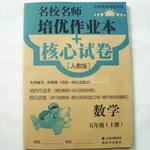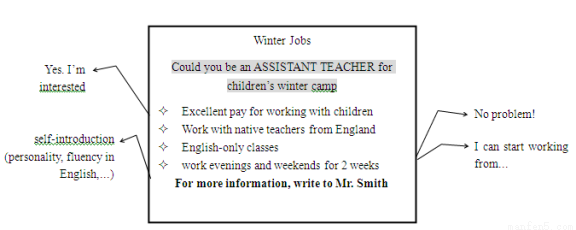题目内容
One winter nine years ago, I volunteered at a homeless shelter in Los Angeles, _______meals for people. There I met Albert, who said he liked my _______. “Want to see mine?” he asked, lifting his_______. He was barefoot. He said he had been hoping to get a pair but had never made it. I felt a _______feeling in my stomach.
The next day, _______, I went to buy socks-about $10 _______. That next morning, I_______my alarm for 5 a.m. and drove to the local park, a common destination for_______people.
It was still_______out. I took out a bag of socks and ________a group of men, standing around a tree, ________with cold. When I handed each of them a pair of socks, they looked confused at first, ________my motives(动机), but took them.
An hour later, I ________ all the socks. Most people were sleeping. I felt like Santa. When they would ________, they would find a very meaningful ________.
Every week I'll hand out many socks. If I'm away for________a week, I will bring socks with me and hand them out to the homeless in other states and countries.
In the past years, this has become my________. It's addictive, I suppose, and it's incredibly satisfying to help make some people's ________a little bit easier. Part of me hopes to see Albert out there, but ________I don't, I'd like to think one of the pairs will________him.
1.A. preparing B. giving C. donating D. buying
2.A. car B. meals C. socks D. help
3.A. leg B. arm C. hand D. head
4.A. magical B. sinking C. comforting D. surprising
5.A. finally B. in addition C. however D. after work
6.A. money B. worth C. value D. worthy
7.A. made B. placed C. set D. fixed
8.A. merciless B. sleepless C. jobless D. homeless
9.A. dark B. rainy C. quiet D. windy
10.A. signaled to B. shouted at C. headed for D. waved at
11.A. trembling B. smiling C. jumping D. sleeping
12.A. proving B. inquiring C. demanding D. questioning
13.A. took off B. took out C. gave off D. gave out
14.A. sit up B. wake up C. rise up D. set up
15.A. meat B. present C. act D. kindness
16.A. less than B. other than C. more than D. rather than
17.A. habit B. task C. past-time D. entertainment
18.A. winter B. lives C. families D. difficulties
19.A. unless B. until C. even if D. as if
20.A. suit B. fit C. match D. find
 名校名师培优作业本加核心试卷系列答案
名校名师培优作业本加核心试卷系列答案 全程金卷系列答案
全程金卷系列答案

